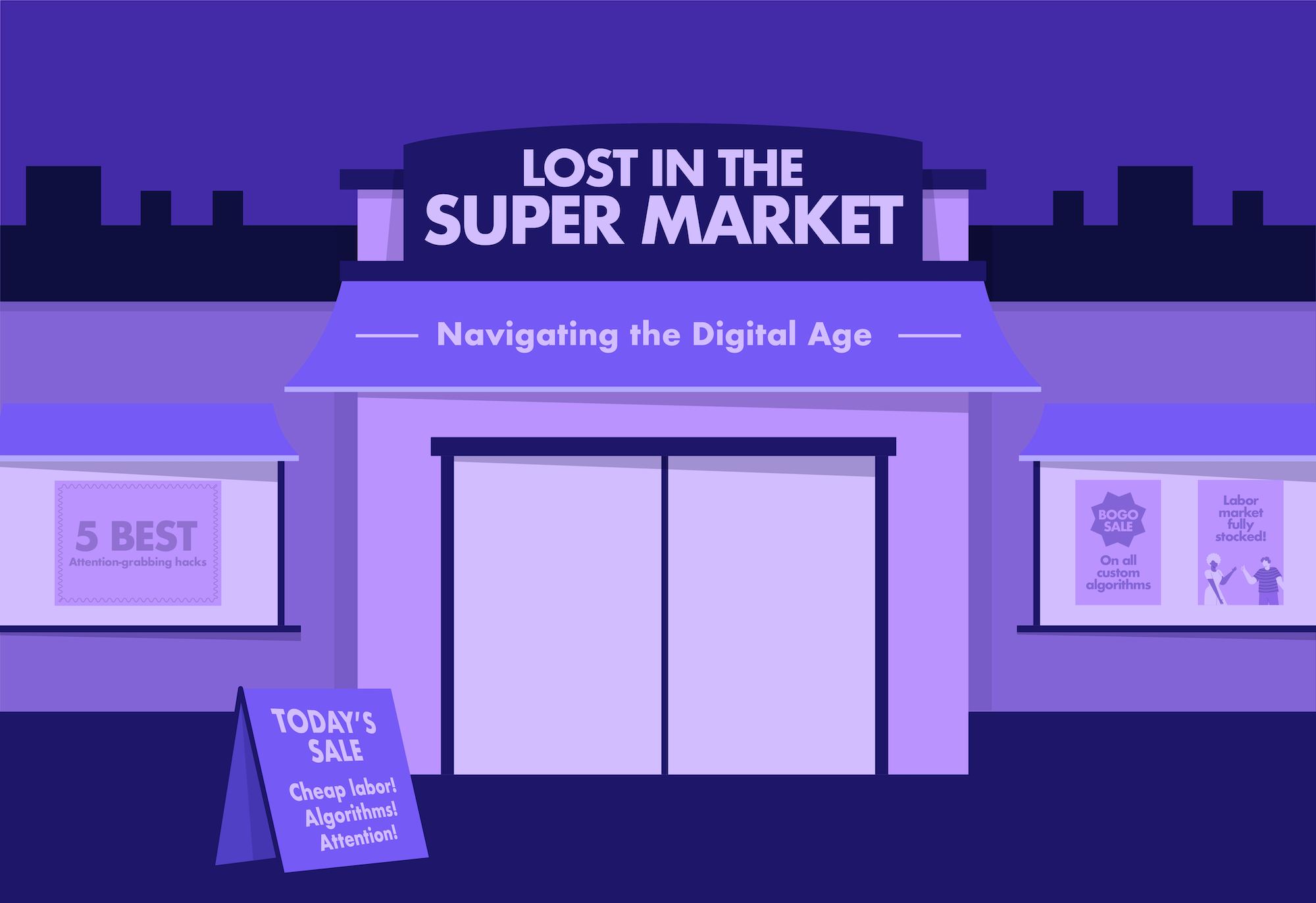

The time has come to take stock of the Information Era and to govern it.
RECOMMENDED READING
Technological change has transformed American society in ways that present novel challenges for public policy. Markets function differently than in the past, less constrained by the need for human relationships or even contact. Media business models present different incentives to content producers and experiences to consumers, while blurring lines between the two groups. Physical distances and boundaries have lost much of their relevance.
A regulatory philosophy and framework built on decades-old assumptions about what people and corporations know about each other and how they interact cannot fulfill the state’s irreplaceable role as the democratic mediator of social and market forces. The time has come to take stock of the Information Era and to govern it.
- A free and flourishing nation defends its children and provides a protective sphere within which they can develop into capable citizens. Interactive digital platforms present children with social pressure and stimuli that can cause tangible psychological harm and induce risky behaviors with long-term consequences. They are more akin to alcohol than sugary soda. Parents have primary responsibility for protecting their children—witness the aggressive limits that industry leaders often set for their own families—but they cannot do it alone.
- A free and flourishing nation ensures that each citizen has a private domain inaccessible by the market and the state and obscured from public view. The amount of data gathered by corporations and governments, the tools used to manipulate and mine that data, and the permanent record available for all the world to access in perpetuity, together pose an unprecedented threat to personal privacy and autonomy. A liberal democracy should neither tolerate a market in such elements of citizenship nor allow their forfeiture to become the price of admission to the public square. A nation that grants its government a comprehensive surveillance power will cease to be a liberal democracy anyway.
- A free and flourishing nation places its citizens in control of its technology, not the other way around. Algorithms are invaluable tools for decision-making, but determinations affecting rights and livelihoods also require human judgment. Citizens are entitled to the dignity afforded by intelligible processes that permit reasoned communication with accountable fellow citizens.
- A free and flourishing nation has the confidence to insist that its markets and media respect individual agency and promote common understanding. Tailoring products and services to individual consumers without their request, using personal information they have not affirmatively chosen to disclose, is deceptive and manipulative and undermines the freedom of market exchange. When such practices sort and cabin people into like-minded and self-affirming bubbles, they distort social interaction, and corrode political discourse, depriving citizens of the shared context on which a cohesive democracy relies.
- A free and flourishing nation asserts its sovereignty over the markets in which its citizens participate. Corporations operating within the United States should not be able to skirt American law or disregard American norms and values by hiding behind the fiction that cyberspace is nationless or pleading that their customers are located elsewhere. Businesses operating outside the United States should have access to the American market and its citizens only on the terms established for conducting business within the country.
Technology leaders present their product designs and business practices as both necessary and inevitable, and any drawbacks as merely the price of progress. But permitting technology to operate in ways that undermine our nation’s social foundations and political freedoms is a political choice. To ensure that America thrives in the Information Era, policymakers will need to choose differently.
Recommended Reading
Conservatives Must Tackle the Problems of the Digital Revolution
Rachel Bovard highlights American Compass’s Lost in the Super Market collection in a discussion of how public policy must be rethought in light of the digital revolution.
Lost in the Super Market
Navigating the Digital Age
Talkin’ (Policy) Shop: Online Age Verification
On this episode of Policy in Brief, Oren Cass is joined by Chris Griswold to discuss a proposal to create an online age-verification system to keep kids safe online.











